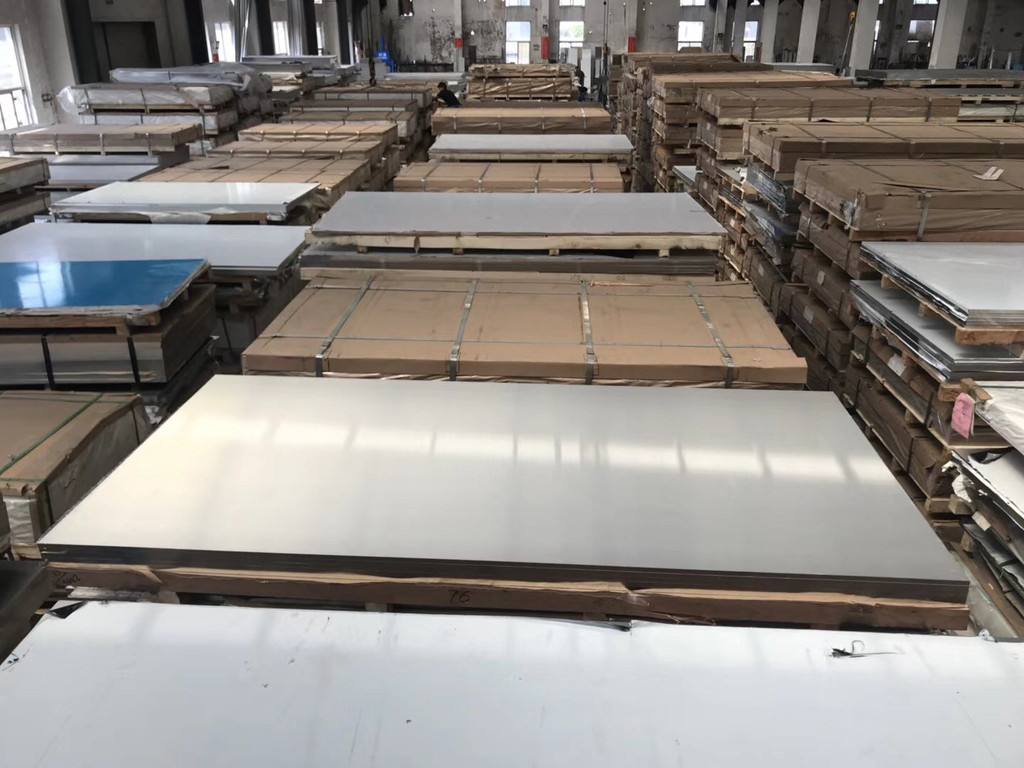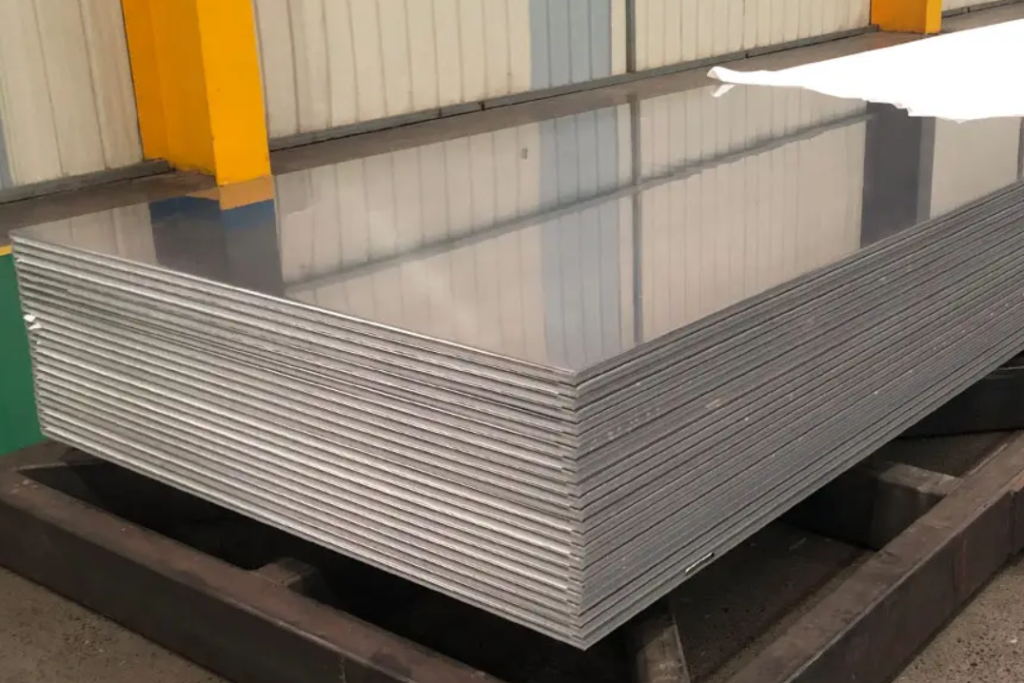Aluminum, renowned for its versatility and widespread use in various industries, offers a multitude of alloys, each tailored to specific applications. Among these, 6061 and 5052 aluminum alloys stand out as popular choices for a range of structural and industrial needs. In this article, we delve into the distinctions between 6061 and 5052 aluminum plates, shedding light on their unique properties and applications.
Alloy Composition and Strength
6061 Aluminum Plate: Comprised of aluminum, magnesium, and silicon, alloy 6061 boasts excellent strength properties, particularly in the heat-treated T6 temper. This makes it an ideal candidate for applications requiring high strength and durability, such as aerospace components and structural parts.
5052 Aluminum Plate: On the other hand, alloy 5052 primarily consists of aluminum and magnesium. While not as strong as 6061 alloy, 5052 offers respectable strength, especially in the cold-worked H32 temper. It finds widespread use in marine equipment, sheet metal work, and architectural applications where corrosion resistance is paramount.

Weldability and Fabrication
6061 Aluminum Plate: Alloy 6061 is celebrated for its exceptional weldability, allowing for easy fabrication using various welding techniques like TIG and MIG welding. This attribute makes it a preferred choice for applications involving welding, such as building frames and automotive components.
5052 Aluminum Plate: While 5052 alloy also offers good weldability, precautions must be taken to prevent weld cracking, particularly in thicker sections. However, with proper preheating and welding techniques, 5052 aluminum plate can be successfully welded for a myriad of applications.
Corrosion Resistance
6061 Aluminum Plate: While exhibiting good corrosion resistance in atmospheric environments, alloy 6061 may not fare as well as 5052 in marine or saltwater environments. However, its strength and other mechanical properties make it suitable for a wide range of industrial applications.
5052 Aluminum Plate: Renowned for its excellent corrosion resistance, 5052 alloy shines in marine applications where exposure to saltwater and harsh elements is common. It is the go-to choice for boat hulls, marine equipment, and outdoor structures requiring superior protection against corrosion.

Conclusion
In the world of aluminum alloys, 6061 and 5052 stand as stalwarts, each offering distinct advantages for various applications. While 6061 excels in strength and weldability, 5052 shines in corrosion resistance and formability. Understanding the differences between these alloys is crucial for selecting the right material to meet the demands of specific projects and industries. Whether it’s constructing aerospace components or crafting marine equipment, the choice between 6061 and 5052 aluminum plates hinges on factors like strength requirements, corrosion resistance, and fabrication needs.


